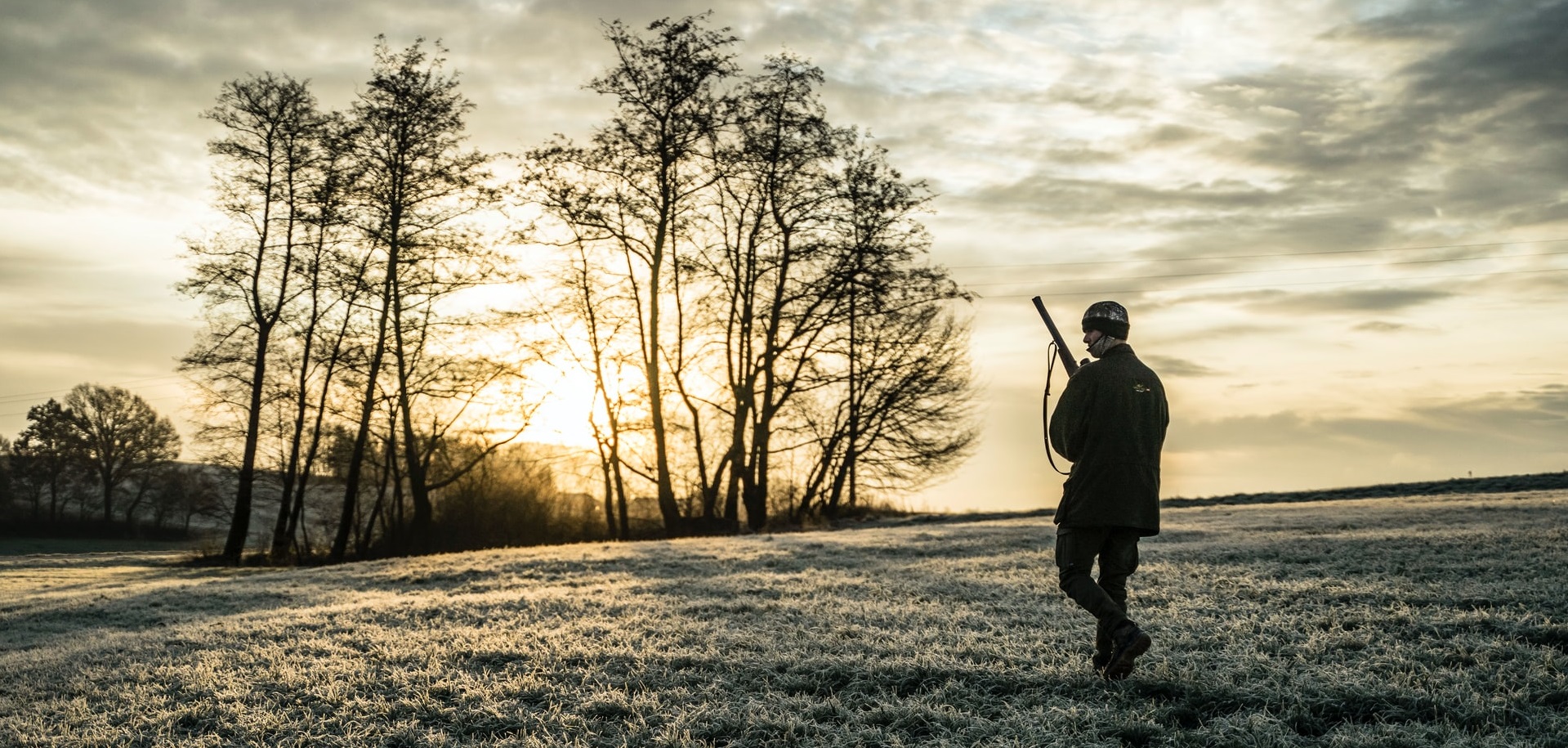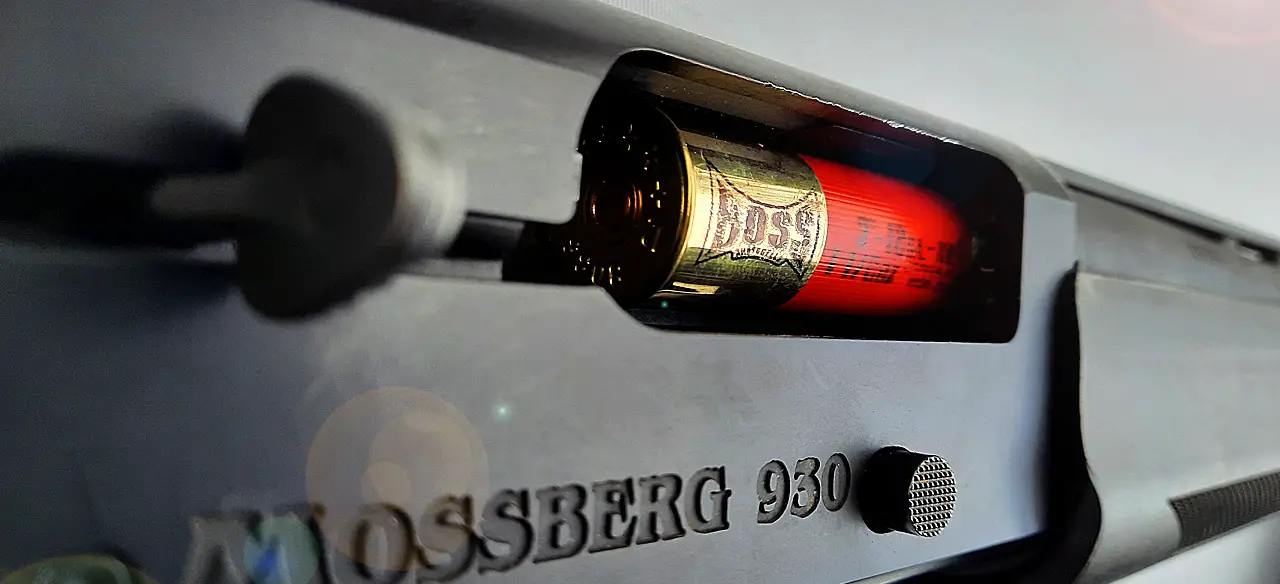Some people hunt for pragmatic reasons, others are spurred on by much deeper things. On this episode I delve into the heart and mind of a hunter to examine why people hunt. Not only is this encouraging but understanding your personal motivation can help you better align your hunting style and pursuits to get the most possible enjoyment out of the sport.
This episode is also a bit of a celebration of 200 episodes, that is 200 weeks of teaching, encouraging, and helping people get into the woods and enjoy their time there as much as possible. Please leave some feedback on this one!



